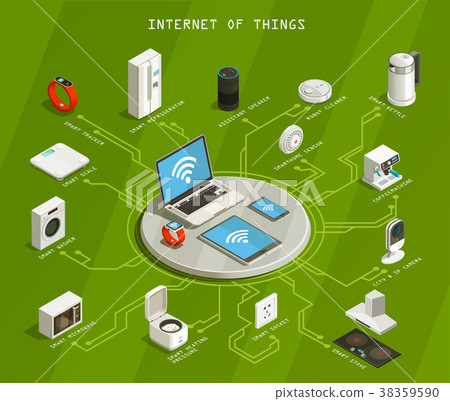|
Advancements in computer vision have revolutionized various industries, from healthcare and agriculture to transportation and entertainment. This rapidly evolving field focuses on developing algorithms and techniques that enable machines to interpret and understand visual data, ultimately mimicking human visual perception. One significant application of computer vision is in healthcare. Medical professionals can now utilize computer vision technology to assist in diagnosing diseases and analyzing medical images. For example, computer vision algorithms can accurately detect cancerous cells in pathology slides or identify anomalies in medical scans, aiding in early detection and treatment planning. In the agriculture sector, computer vision plays a crucial role in optimizing crop management. By employing image recognition algorithms, farmers can monitor plant health and identify pests or diseases before they cause extensive damage. This information enables targeted intervention, reducing the need for harmful pesticides and maximizing crop yields. Computer vision is also transforming the transportation industry. Autonomous vehicles rely on advanced vision systems to perceive their surroundings accurately. Through a combination of sensors, cameras, and deep learning algorithms, self-driving cars can detect pedestrians, traffic signs, and other vehicles, enabling safe navigation without human intervention. The entertainment industry has also benefited greatly from computer vision advancements. Augmented reality (AR) and virtual reality (VR) applications heavily depend on computer vision algorithms to track and overlay digital content onto the real world. This technology enhances user experiences in gaming, architecture, and even education, offering immersive and interactive environments. Furthermore, computer vision has made significant progress in facial recognition systems. These systems have wide-ranging applications, including enhancing security measures, improving user authentication, and personalizing user experiences. However, ethical considerations surrounding privacy and bias must be carefully addressed to ensure responsible use of this technology. Despite the remarkable achievements in computer vision, there are still challenges to overcome. Developing robust algorithms that can handle diverse environmental conditions, occlusions, and variations in lighting remains a primary focus. Additionally, ensuring the ethical and responsible deployment of computer vision systems is crucial to maintain public trust. computer vision continues to advance rapidly, transforming industries and opening new possibilities. From improving healthcare diagnostics and optimizing agriculture practices to revolutionizing transportation and entertainment experiences, the potential of visual intelligence is vast. With ongoing research and innovation, we can expect even more exciting applications of computer vision in the coming years, further enhancing our daily lives.  |
